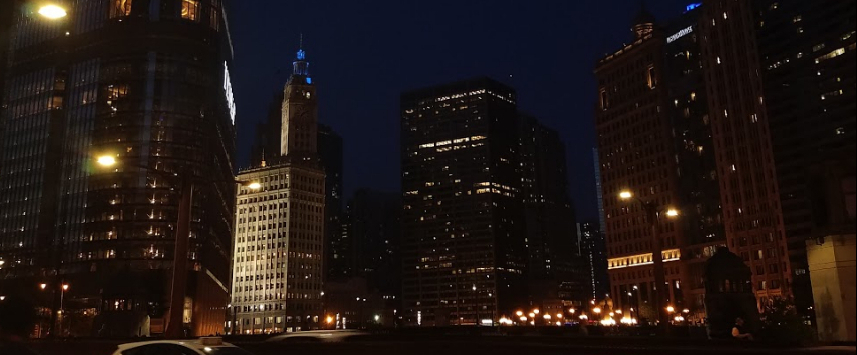Free Speech: A Question of Absolutism
This article was written by Nate Godfrey.
It’s no secret that America is in the midst of one of the greatest periods of partisan strife that we have ever seen. With the election of Donald Trump this partisanship has grown more extreme and roused individuals on the otherwise silent radical fringe of the far right. Given the newfound audibility of the far right, we have seen ideals that have historically been viewed as unassailable, strained and challenged in the face of such political radicalism.
One such ideal that has been called into question, particularly in the wake of the Charlottesville “Unite the Right” rally, is the freedom of speech and our conception of hate speech as a legal term. Setting aside the clear difficulty of creating a legal precedent for defining “hate speech”, it’s important to keep in mind that the United States is the only nation left in the world with true freedom of speech. By this I mean that the United States is the only country in the world that does not have an asterisk attached to its freedom of speech laws. But what are the alternatives to the American “absolutist” freedom of speech we currently hold as law? Additionally, what have the results been for the societies in which speech laws have been implemented?
From Germany to Canada, every European and Western nation has in some manner or another betrayed its self-described values in an effort to address discrimination. While a noble goal and well worth considering on a cultural plane, when implemented on a government and judicial level the pitfalls increase while the benefits decrease. In both the United Kingdom and Germany the implementation of hate speech laws has not resulted in less hate crimes or sectarian violence, measurable or otherwise. What these laws have done is introduced a legal framework and precedent by which legal restrictions on speech can and have been expanded along political and ideological lines. These laws have resulted in the punishment, fining, and incarceration of individuals who are otherwise perfectly peaceable citizens, but have in one way or another stepped outside the bounds of acceptable discourse in society.
A startling example of such miscarriage of justice were the incidents following the wave of New Years Eve sexual assault and rape attacks in Germany in 2016. With more than 4,000 victims and numerous perpetrators (later identified as Middle Eastern migrants) social and political tension was high following the German Government’s inability to convict the handful of young men who were arrested following the event. With 153 men arrested and no convictions for the myriad instances of rape and sexual assault caught on camera, there were massive protests held by the German people. Protestors argued that the German government had not sufficiently vetted potential immigrants nor called into question the sexist nature of German rape law, which required a woman to “physically resist their attacks” for an assault to be considered rape. Following the ensuing protests, a wide range of people were arrested or had their homes raided by German police for language that was deemed too critical of immigrants following the assaults in Cologne. The message sent by the German government was clear: criticism on the nature of the incident was unwelcome and could potentially result in legal action.
In any given society speech is the axis by which people interact with and address their problems, fears, and concerns. Societies run the risk of unintended consequences when they begin to advocate for limitations on speech that are punishable by law. It’s vital that we consider these risks before moving forward; that we realize when advocating for limitations on speech there is no clear line in the sand between “good ideas” and “bad ideas,” and that the very laws put in place to protect us from hate speech may be the very laws which limit our ability to fight against it.









